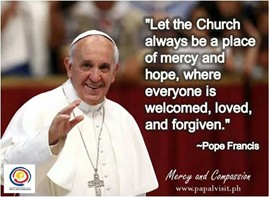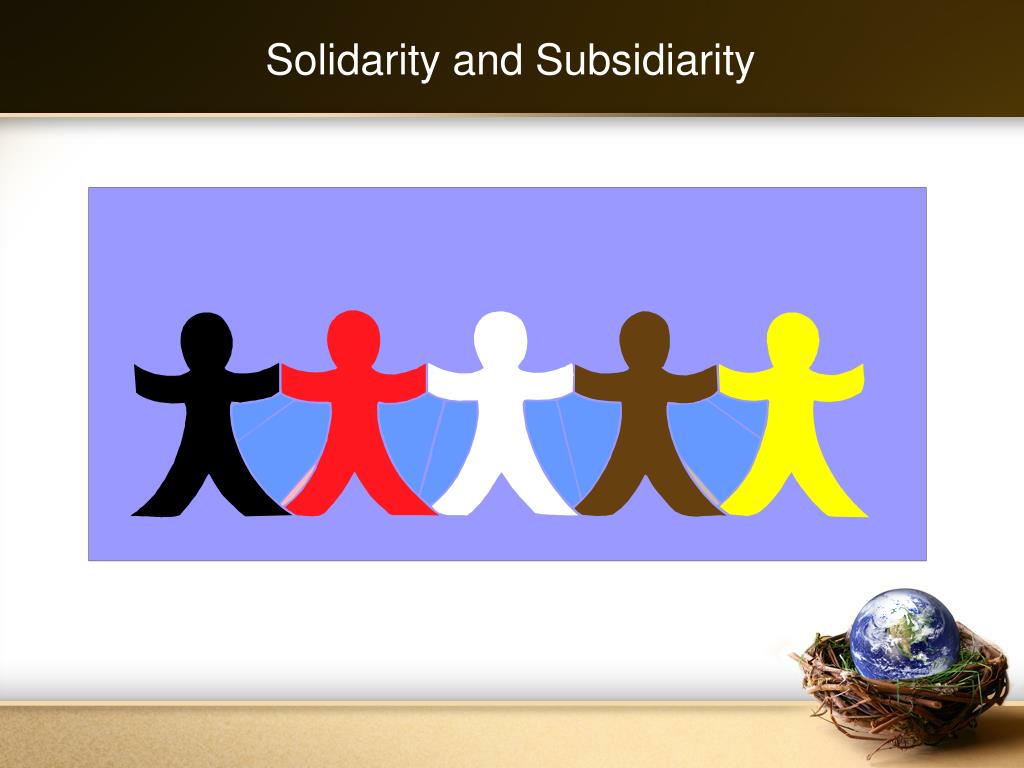The Hermeneutic of Pope Francis: Reading Scripture with Mercy, Accompaniment, and Justice
The previous blog focused on the second principle of Catholic Social justice: Call to family, community, and participation. In the blog, the call of Cardinal McElroy for the Catholic Church to employ “radical inclusion” in relating to individuals and communities of persons whose life choices and relationships do not fit exactly the Church’s doctrinal understand of marriage and family. This pastoral approach opens the Church to greater inclusion of all and allows those in loving relationships and families, regardless of doctrinal standing, to find welcome and participation in the life of the Church.
The Hermeneutic Lens of Pope Francis
With the death of Pope Francis, the Church pauses to reflect on a papacy that shifted not only the tone but the trajectory of Catholic life in our time. Francis did not change doctrine in the ways some hoped or others feared. In line with the principle of “radical inclusion,” he did something arguably deeper: he reoriented the posture of the Church from one of judgment to one of accompaniment.
Nowhere was this more evident than in his approach to those who have long felt excluded from the life of the Church: LGBTQ persons, the divorced and remarried, and those on the margins of ecclesial belonging. Francis reminded us often that the Church is not a fortress but a field hospital, and that “reality is greater than ideas,” that is, actually treating others in mercy and compassion makes real what is professed in faith and in doctrine (Evangelli gaudium, 231). According to Pope Francis, doctrines that do not accord with the realities of human life are illusionary and lack substance. The work of the Church is the salvation of person through the mercy of God, not doctrinal purity removed from the realities of life.
The Hermeneutic of Mercy
Francis insisted that pastoral discernment cannot be reduced to general rules. As he wrote in Amoris Laetitia, true pastoral care requires attentiveness to the real lives of people in all their complexity (296). This was his approach to the divorced and remarried as well. Rather than demanding universal exclusion from Communion, he invited a process of discernment, integration, and welcome. Pope Francis noted well that the Eucharist was “not a prize for the perfect but a powerful medicine and nourishment for the weak” (Evangelii Gaudium, 47),
This shift in posture has profound implications for how we read Scripture, especially texts that have been used to condemn rather than to console. Passages from Leviticus and 1 Corinthians have long been cited as blanket condemnations of same-sex relationships. A Franciscan reading does not dismiss these texts but reads them through the lens of mercy, context, and encounter. It resists the temptation to isolate a verse and absolutize it. Instead, it asks: Who was this text written for? What kind of world did it address? And what does the Spirit say to the Church today?
This same hermeneutic, rooted in historical consciousness and ethical responsibility, calls us to revisit our interpretation of biblical texts used to marginalize LGBTQ persons. Read in context, Leviticus 18:22 reflects ritual purity codes concerned with maintaining Israel’s symbolic boundaries, not a universal sexual ethic. Paul’s reference to arsenokoitai in 1 Corinthians 6:9 is likewise embedded in a cultural matrix very different from our own, more likely referring to exploitative practices than to loving relationships grounded in mutual respect.
A Church of Accompaniment
What Francis offered the Church was a way of being with others as opposed to changes in what the Church teaches: a culture of encounter, a preference for the poor, a willingness to listen before speaking. His was a hermeneutic of accompaniment, walking with others in compassion and mercy. Thus, in the final years of his papacy, he approved blessings for same-sex couples (in Fiducia Supplicans), not as a sacramental equivalence to marriage, but as a pastoral gesture, signifying God’s love and the Church’s presence in real people’s lives. He called for civil protections for same-sex couples. And he reminded the Church that everyone has a place in the heart of God. This was not innovation but rather fidelity to the deeper currents of the message of the Gospel to love and respect in welcome of all people.
With his passing, the Church faces a question: Will the Church carry forward his hermeneutic of mercy, reading Scripture in light of justice, compassion, and the lived experiences of God’s people? If the Church does, Scripture will not be discarded but honored more deeply by a refusal to weaponize it, by resisting simplistic readings, and by letting it call us to a Church that is, in Francis’ words, a Mother with an open heart. As Pope Francis observed, “The thing the Church needs most today is the ability to heal wounds and to warm the hearts of the faithful” (American, September 30, 2013).
If you have any comments that you would like to make or questions you would like to ask, I can be reached at dtheroux@smcvt.edu. Let’s talk!

For all press inquiries contact Elizabeth Murray, Associate Director of Communications at Saint Michael's College.








